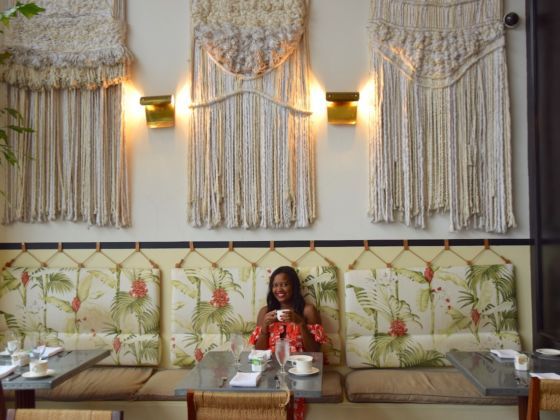Established wisdom dictates that almost every owner of a British passport exhibits a near-frenzied appreciation for tea. Her Majesty Queen Elizabeth II starts each day with a pot of freshly brewed Earl Grey, after all. But as a third culture kid born to a Nigerian-British mother, I never truly felt British — until I realized how much I love tea.
The simplest definition of a third culture kid is someone who grows up in country A while their parents were born in country B and they now live in country C. For us, the world is a complex trifecta. We are at once from everywhere and nowhere, never enough for one place but handed a golden passport to survive anywhere: My childhood homes were in Namibia and Nigeria. My family left Nigeria when I was 12 and settled in the Netherlands. Although I had visited England as a child, I didn’t move there permanently until I was 18 when I left Holland to attend university in London.
